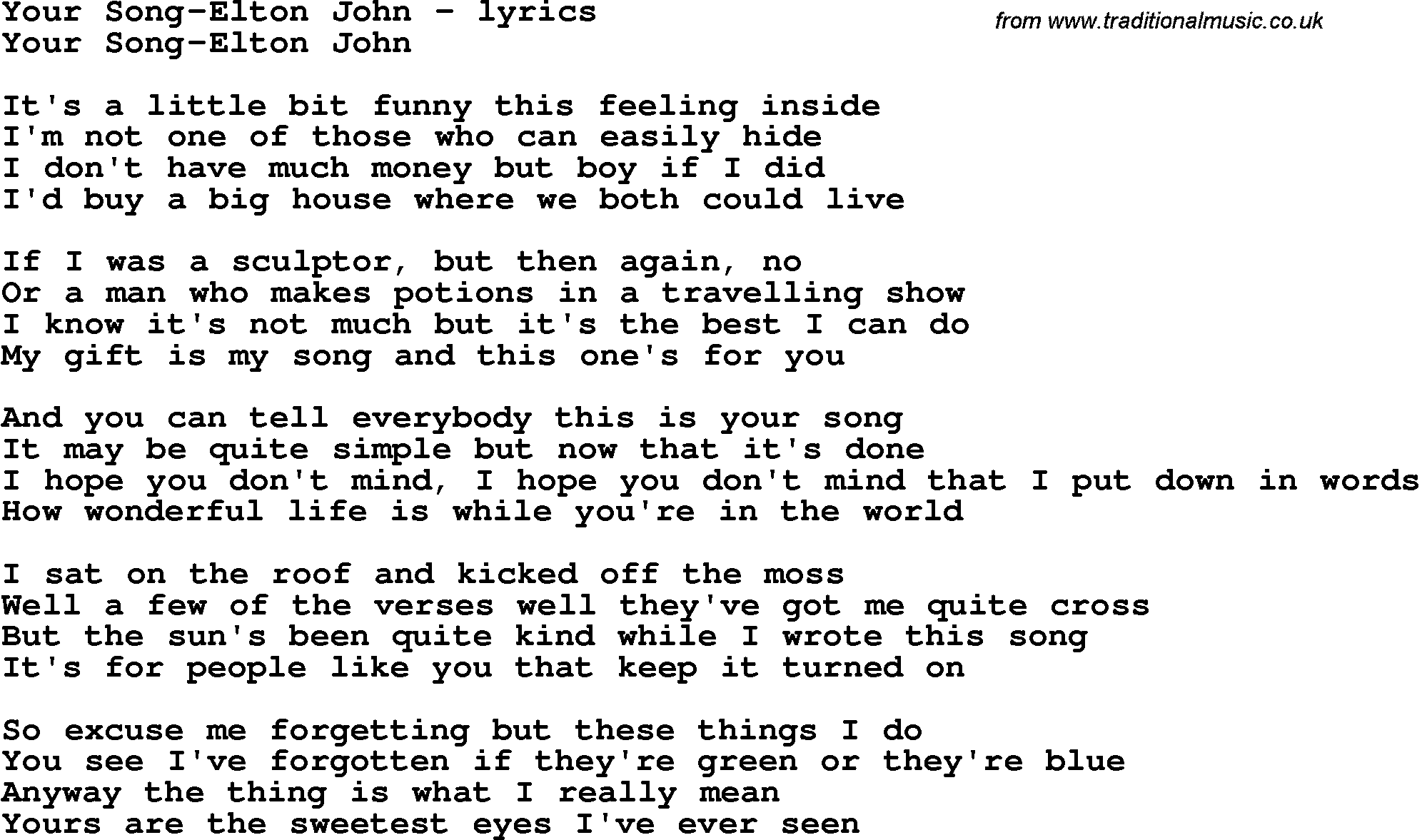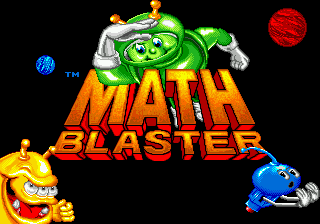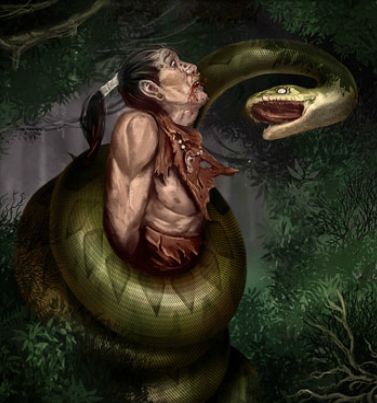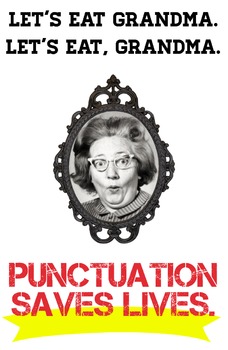Oh god. I feel
like you’re asking so much here Doug! But I’m going to give it my best shot!
I think multimodal
composing has changed a lot of the way I think about writing and my writing
process. I find that since doing this class and these assignments, in my other
classes I am so much more inclined to look toward other modalities to help me
make whatever point I am arguing. This has been really hard, actually. Sometimes
I just think that my project would be so much better done in another modality,
yet most of my professors ask for printed papers as my form of writing. And
even if I submitted a paper with photos in it, I still don’t think they would
appreciate it. There have been quite a few times where I’ve felt like the one
thing I was really trying to say could be so much better said if I just had a
picture supplementing the point. Or, there’s this paper I was just writing for
a lit class, and all I wanted to do was reference Hannibal Lector, and I
couldn’t because that would require the use of video evidence to back up my
point and the paper was strictly a paper. LAME. So I would say that this class
has really had a huge impact on how I think of my prompts and how I want to
approach them.
Working across
different modalities has also made me approach my writing process in a new and
different way. I usually just get a prompt, come up with what I want to say and
then regurgitate that. Or, if I am given some really open, “do whatever you
want” kind of prompt then I figure out what the heck I am going to write about,
and then write it. I generally don’t go into thinking about the design of it,
or the song that’s going to be attached and how those things are going to
manipulate the way the audience perceives the text. After this class, though,
and particularly after producing the A/V short—and how significantly the music
attached to the beginning of the piece changed the way the audience saw it—I’ve
really come to think of those things as a part of my composition process.
I think that most prevalently, I
notice that I’ve even started thinking about the music I listen to as I
compose, now. I am so much more aware of the way that the music I am listening
to can actually affect the way that I think about and write about a topic, and
therefore can and will change the way it comes off to a reader. (Right now I’m
listen to love songs—6’2 by Marie Miller, to be exact—in case you were
wondering where this one is coming from). (Also, I felt like I had to use at
least one other modality, so that’s why I’ve so generously provided you with
this music video. Which isn’t the most thrilling of all videos I’ve seen in the
music video world, but also is multimodal in some really interesting ways so
that makes it pretty damn cool.) Anyways, I’ve become more aware of the way
that the time of day and the mood I am in affect the way that I write or
compose a piece. Most of the time, I wish that there was music to go with
writing, and I wish that books or pieces could come with a soundtrack that you
play at the exact moment of a certain scene or paragraph just so that the
reader can understand the exact feeling that I want to convey.
I
think what was most different about the way I approached these projects than
the way I approach the rest of my projects was that I knew I could use more
than just alphabetic text in my composition of them. I knew that I could use
music in my projects, and videos, and hyperlinks, and photos, and all sorts of
other fun things. There was so much potential to them. Having that mass amount
of potential really gave me the opportunity to take these projects to the level
that I wish I could take most of my other writing. Like I said, there are tons
of times where I want to use music to set the mood of a scene I am writing, and
since it is a paper and pen sort of project, I know that that isn’t really an
option. With this, I could use music if I wanted to! And having that option
really opened some doors for me. Research wise, I think the biggest difference
was looking outside of the usual places—JSTOR, the Library website, Google
Scholar. I got to go on Youtube and find a video, I got to Facebook stalk all of
my friends, I got to use all sorts of things that would not be considered valid
sources in other classes. And I genuinely enjoyed researching for these
projects so much more than what I have to do for my other classes.
2.
Well, I think you
and I both know how influence Johnson-Eilola was for me, so I’m obviously going
to start off with that text. Eilola really got me thinking about the current
pedagogy surrounding writing and how that has shaped the way that people
currently view writing. Eilola also got me thinking about how we ask for
original, creative works from students and then tell them that they must use
other resources to support their original thoughts. This was really interesting
for me because it made me question if there are original works left. This ties
back to Grant-Davie and intertextuality. I think that these two pieces are
intertexts (is that even a word? Well I’m using it anyways!) of each other. You
see, part of Eilola’s point is that we don’t have much left in the way of original
texts because they all pull from other texts to make a new (maybe original)
point. Which brought me around to a messy predicament, because part of the way
in which we define writing is that it is the creation of an original work, but
if no work is separate from all other works, then are they actually original?
It’s really all a mess. But these texts were both huge for me because they both
helped me to sort out how I was going to approach and actually make my CPE. I
think that if my proposal gets accepted for the NCUR, these two texts and the
things I have learned from them are going to play a large part in how I make my
presentation on my research. I would have to say that brings me to the
Bernhardt piece. This piece impacted the way I think about writing because it
made me wonder which constrictions in writing are absolutely necessary, and
which ones we need to break in order to further our knowledge and understanding
of the English language. Again, this could be tied back to attempting to define
writing. We have to understand the parameters in which we have place ourselves
before we can step beyond those and take our work, our writing, to the next
level. This piece also encouraged students to play with design, photograph, the
actual aesthetic nature of the work in order to alter the way that it is viewed
and read. A large part, for me, of what makes the reading experience enjoyable
can have at least something to do with the way it is laid out and the way the
information is physically presented. This piece really challenged me to think
about stepping out of the box, which is a lot of what this class has taught me.
I think that these texts will also help me in other classes with you, Doug!
Because, let’s face it, I am sure questions on this stuff are going to come up again,
and that means I’ll have cool things to say when they do! I think that being
able to argue that writing doesn’t always have to be textual, that writers are
not alone and that everything we write is influenced by all the other writing
we have experienced, and that stepping outside of the writing norm is going to
be really helpful for me. These things, additionally, will help me as a writer
because being aware of these things will only help me to develop my writing
further and think more about the things I am writing before I actually put them
in print. I think, overall these readings have helped to know and recognize the
rules of writing, and also ways to break them—the doing of that is what is left
up to us.
3.
Thanks for not
making me rewrite my entire CPE here! I think the only thing I will say to this
one, and maybe the only thing you’ll want to read again after reading my
substantially long blog post about it is that my definition of writing is
always changing, but right now is as follows: The intentional creation of a
text in which a story is being told, and the actual text that has been produces
from such a composition. (Also, note that it changed from my original final
definition!)
4.
Hmmmm. This one
is hard, you’re making me go deep into the past where my brain was fresh and
I’d been getting a sufficient amount of sleep each night. Not nice, Doug!
Alright, let’s give this a shot. Well, if rhetoric is the art or study of using
language effectively and persuasively, then writing is very definitely a rhetorical
activity. A part of writing involves manipulating words (language) in some way
to produce something. I think the biggest key here is that if something must be
persuasive or effective to be rhetoric, then how do we define the kind of
writing that does not do those things? For example, a child learning how to
write the word “cat” does not persuade anyone of anything, nor is it a
necessarily effective use of the language—yet it must be writing because the
child placed a pen or pencil to paper and scratched those letters and that is
one of the most traditional definitions of writing. I digress. I think that no
matter the modality, writing can most definitely be considered the art of using
some understood language effectively, thereby making it rhetorical.
In digital
writing, especially, the distinction between author and audience is both
blurred and made clearer. In digital writing the audience seems to much more
heightened, by this I mean that there is a specific audience that is being
targeted, and the piece of work that is produced is done so to really target
that group of people. The audience isn’t always quite so specific with other
forms or writing. Although, I could also say that the audience is much broader
in digital writing because it has so much more potential to reach so many more
people than simply the intended audience. I don’t know I’m just going with it. Yet
the audience seems to also have a greater participation in the writing when it
is digital. Most digital writing, to me, is posted in blog, vlog, status,
tweet, and video form (just to name a few although there are probably way more
than I am listing here). In all of these forms, the audience has the
opportunity to comment back and create a discourse community. The creation of
that community, and the ability to take part in the writing and vocalize
thoughts and feelings about it I think really blurs the line between author and
audience—especially if the writer was originally a member of the audience who
decided to start writing to things on a larger scale (I’m thinking fandoms and
fanfiction here). Additionally, the author has the capability of responding to
the comments made to them, which further complicates the distinction between
the author and the audience, because as soon as the two entities are mingling,
things just get messy! So I don’t know if I’ve come up with some sort of
legitimized response, but it definitely has my cogs turning. Which is probably
exactly why you asked that question, so I guess it served its purpose (which is
a statement you’ll notice I’ve used like 6 times in this paper so I guess you
could say it’s my phrase of the day!)
5.
Damn it, this one
is going to be like opening a can of worms. See, I feel like originally
question #3 was going to be that way, except then you said I didn’t have to go
into it since my entire CPE was my answer to that question, so then I was like
sweet! Now I’m thinking this is going to be the question that I go a little
wild on in the way that I thought #3 was going to be. Okay, so it’s not my
first time encountering the idea of intertextuality, but I would have to say
that unequivocally that that has been the most earth-shattering thing I have
encountered. I like to refer to myself as a hopeless romantic, so I not only
love the idea of love, but I also love romanticizing things—writing has not
escaped that love for me. Although I now do not entirely reject the entire idea
of intertextuality as I once did, I still feel some resistance to it. You see,
I like to think of my thoughts as unique to me, and since my writing comes from
my thoughts it is uniquely my own. My writing is something that comes from my
brain and myself, and no one else. This is something that I still hold firm to.
The idea of intertextuality, at least for me, is not that my writing is not
unique, creative, or my own, rather that in order to write exactly what I am
writing the moment I am writing I inevitably pull from everything I have ever
seen, read, heard, or written before. I cannot write absent the things that I
have experienced—they always have an influence and a place in whatever I am
writing. Here is where I accept intertextuality yet also resist it, at least a
little. You see, when I originally read about intertextuality, I was insulted.
I thought, “How can this stupid paper tell me that my writing isn’t my own? How
can they tell me that this isn’t unique or creative? How can it tell me that my
writing is no different from anyone else’s?!” I honestly threw a little bit of
a fit. Then the more I learned about it I began to realize that that’s not at
all what the idea of intertextuality is implying. Now, I am able to recognize
that my writing is influenced by everything else in my life but also that it
can be uniquely mine because no one else has had every single same experience
as I have and no one has read or heard or seen or said or written all of the
same things as me. So I think that accepting intertextuality and embracing what
I feel it really means has been super influential.
I would have to
say that the other most influential idea that I encountered that has really
rocked my world is the idea of gender influenced writing. I think it is really
interesting to label writing as decisively feminine or masculine. As I stated
in my blog post about this, I thought it was really interesting that Jamieson’s
piece discussed the gender of language. The reason this intrigued me so much
was because, yes every voice is different, but I didn’t think that there was
one specific way to categorize either the male or female voice or writing
style. So I think, more than anything, this shocked me. I think this is because
I see the true artist as one who can navigate between the male and female voice
without issue—as one who can be amorphous. So I can’t say that this was
entirely wild, more so than intriguing. I don’t think of any writing as
strictly male or female, nor so simply pondering this idea was a little
mind-boggling for me. It also got me to thinking how I would change my voice to
fit serve my purposes, and if it was even something that I had the capability
of doing. I can’t say I know if I can, I guess that we will find out someday
when I get around to attempting to write from the male perspective (which as a
creative writer, I am sure will happen eventually.)



























